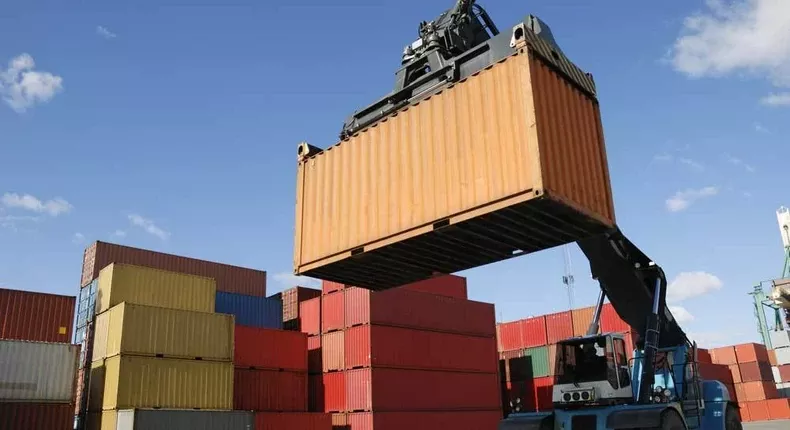The proposed levy of 0.5% on all African imports for the 2023 Finance Bill will escalate operating expenses, production costs, and fuel inflation in Nigeria’s economy. This was disclosed by Dr Muda Yusuf, Director of the CPPE in a report titled ‘Tweaking the 2023 Finance Bill and Options for Unlocking revenues’ in 2023.The CPPE boss praised the Presidency’s plan to withhold assent to the 2023 Finance Bill, citing that it is in line with democratic standards of lawmaking which assures inclusion in the legislative process
Increased expenses: Dr. Yusuf noted that one of the proposals in the Finance Bill is to impose a 0.5% levy that will escalate operating expenses
- “The proposal in the Finance Bill to impose 0.5% levy on all imports coming from outside of Africa will be an additional burden on both businesses and the citizens. It will escalate operating expenses, production costs and fuel inflation in the economy.
- “Most equipment, machinery, ICT equipment, and medical equipment are all imported from outside of Africa. Imposing a levy of 0.5% on this group of items will be inimical to investment, economic growth and the welfare of the citizens.
Depreciating Currency: He added that Nigerian companies are already dealing with profound inflationary effects due to currency depreciation. “Already, currency depreciation had made imports very expensive with profound inflationary effects. Currently, investors and citizens are paying 0.5% levy on all imports from outside of ECOWAS. This is in addition to import duty and numerous charges and levies paid by importers at the ports. CPPE noted Many manufacturers import their raw materials from outside of Africa, especially intermediate products not available on the continent. We strongly advise against the imposition of an additional levy on imports.
What you should know
The Nigerian Senate officially passed into law the Finance Bill 2022 earlier this month
The fundamentals of the bill: The Minister of Finance, Budget and National Planning, Zainab Ahmed said the proposed bill is anchored on five fundamental policy drivers which are:
- Tax Equity
- Climate Change
- Job Creation/Economic Growth
- Tax Incentives Reform
- Revenue Generation/Tax Administration.
According to Zainab Ahmed the Finance Minister, other aspects of the Finance Bill include chargeable assets, exclusion of losses, and replacement of business assets. The 2022 Finance Bill proposed amendments to some fiscal laws such as the capital gains tax, company income tax, Customs Excise Tariff Act, Federal Inland Revenue Service Act, personal income tax, and Stamp Duties Act.




